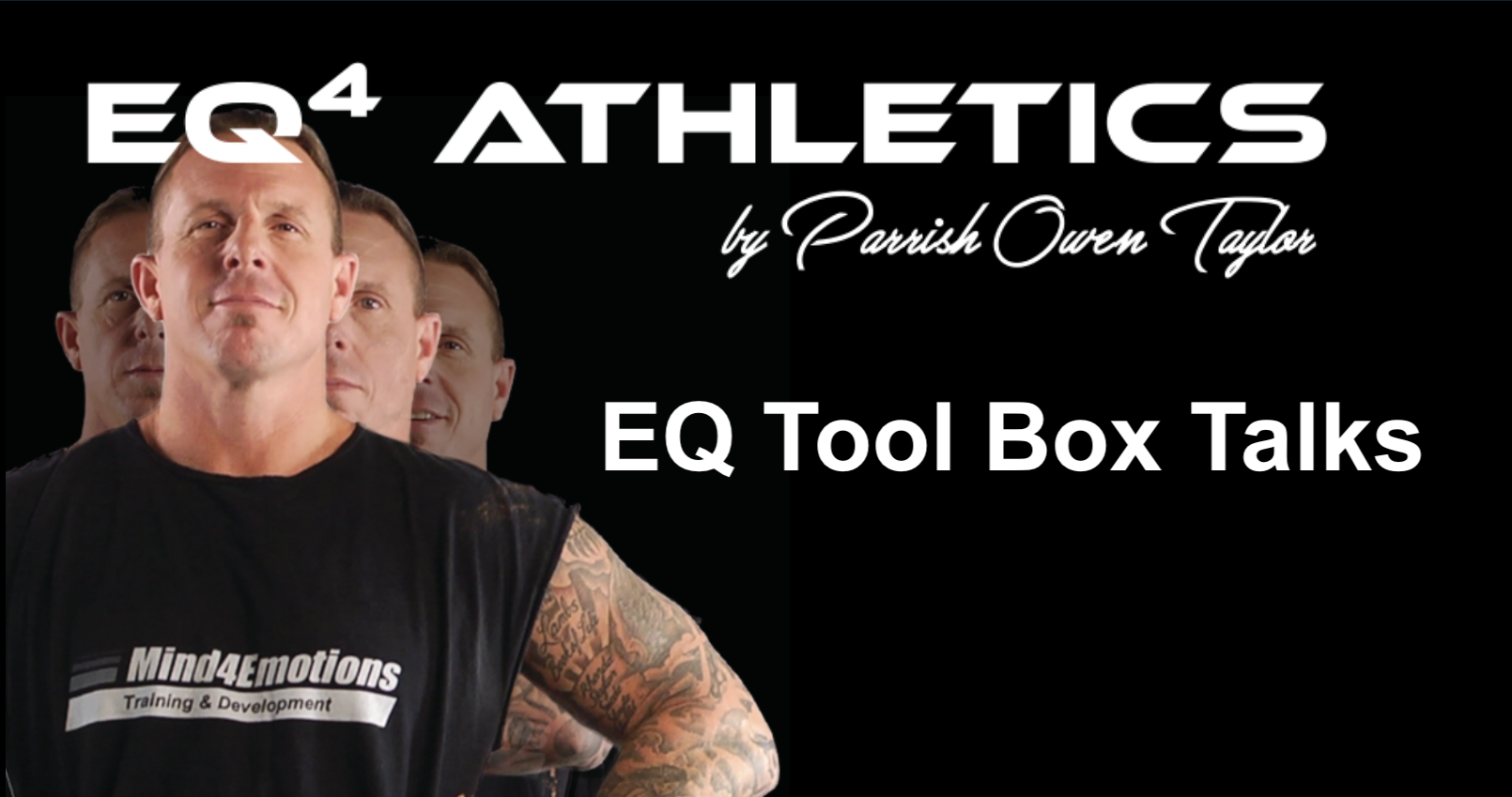
For individual athletes
Enhanced performance and consistency: EI helps athletes stay calm, focused, and in control during high-pressure situations, leading to more consistent performance.
Greater resilience: Athletes can better cope with mistakes, losses, and other setbacks by managing their emotions constructively and maintaining a more positive mindset.
Improved stress management: EI provides athletes with strategies to recover from setbacks and manage stress effectively, which can reduce anxiety and improve their overall well-being.
Increased self-awareness and motivation: Athletes can better understand their own emotions, strengths, and weaknesses, which helps them set goals and stay motivated through challenges.
For teams
Stronger teamwork and communication: EI fosters empathy and understanding among teammates, leading to better communication, more trust, and more cohesive collaboration, especially in tactical sports.
Effective conflict resolution: Teams with high EI can resolve conflicts constructively, preventing them from escalating and maintaining a more positive team dynamic.
Better leadership: Leaders with high EI can inspire, motivate, and support their team members more effectively by recognizing their emotional states and adjusting their approach as needed.
Higher engagement: A team with a high collective EI tends to have better engagement, leading to a stronger commitment to the team’s goals.
Use the individual EQ-Skill Tool Box talks to help athletes develop awareness to the skills based on specific behaviors. Proficiency and developing the skills are the development path – use the tool box talks to cultivate and foster positive conversations around the skill-behaviors (key performance indicators).
01 Self-Awareness
A. Skill of Openness
B. Skill of Self-Knowledge
C. Integrity
D. Monitoring
E. Introspection